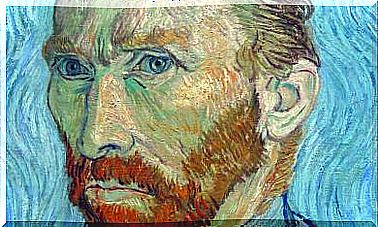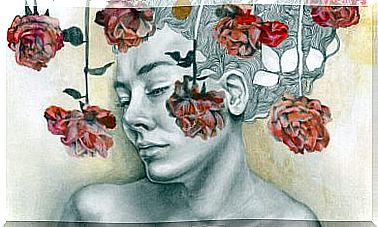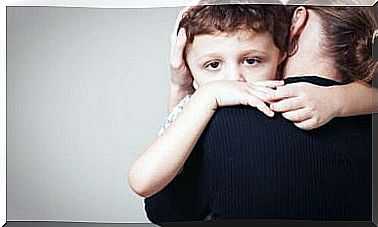Strategies To Think Better

As Gary Marcus indicates in his book “The random construction of the human mind”, it is necessary to have critical thinking, analyzing what we think and taking into account some strategies that allow us to get more out of our mind. Furthermore, reasoning errors must be analyzed in detail so that the brain can “evolve naturally”.
Both the body and the mind are the product of an evolution by natural selection, where only what is beneficial is used and what is not useful is eliminated or put aside. Just as animals and plants had to adapt to climatic changes, for example, the mind has also evolved to be as it is known (in part) today.
The brain fulfills its function of allowing the survival of the organism. If we were another mammal, the mind would have been designed for different, not so “rational” purposes. However, the portion of our brain that is responsible for “thinking” behavior is of a recent evolution and has been built on top of an older one, which is controlled by impulses and by primary emotions, just like a dog, a monkey or a horse.
It is necessary to take into account then that:
-Memory is partial and contextual: We remember in a defective way and those events that have an emotional tint in our life. Surely a fact that easily “comes to mind” may never appear in another person.
-The belief formation system is not rigorous: What we think, think and believe is determined by different factors that do not have to do with an evaluation of all the possible information.
-The search for pleasure is what dominates our actions: Each of our attitudes or decisions have to do with enjoyment, from a purchase to a relationship, a game of chance or a meal.
These are the characteristics that make us human and not cows, tigers or pandas … not robots. There is nothing wrong with being carried away by emotions, however, it is necessary to be more rational when appropriate. Not being aware of certain phenomena can divert the brain’s aim (for better or for worse).
The strategies to be able to “think better” are the following:
1-Make alternative hypotheses: It can be something as simple as looking for a second way to work or putting together a list of pros and cons of a decision to make.
2-Reframe the questions: The brain gets used to certain stimuli. It is good that from time to time you have to go out of your way to solve a problem.
3-Remember that correlation does not imply causality: This means that two events can happen together but not that one has been a consequence of the other.
4-Always keep in mind the “size of the samples”: Many times we do not take into account the amount of data that is needed to reach a conclusion. From the field of mathematics, the larger the sample, the more reliable the result will be.
5-Anticipate your impulsiveness: Committing ourselves in advance will allow us to say no to the temptations that lie ahead. Being forward-thinking about what may happen is important. For example, if we know that after a tremendous day at work we will fight with our partner during dinner, it is better to take a relaxing bath, go for a walk or go to bed to sleep to avoid it.
6-Make alternative plans: Something similar to what was said in the first point. While it is good to set goals, it is also good to have a “Plan B” (Remember that you have all the letters of the alphabet to use).
7-Do not make important decisions when you are tired or angry: In order to reason clearly, the mind must be rested and ready to “cooperate”. There are many determining factors in decision-making, such as anguish, stress, anxiety, depression, anger, happiness, etc.
8-Analyze benefits and costs: People tend to give importance to nonsensical things, so it is necessary to make a careful study of the “pros” and “cons” of situations, at least the most prominent in our lives, such as be getting married, having a child, changing jobs, moving, etc.









